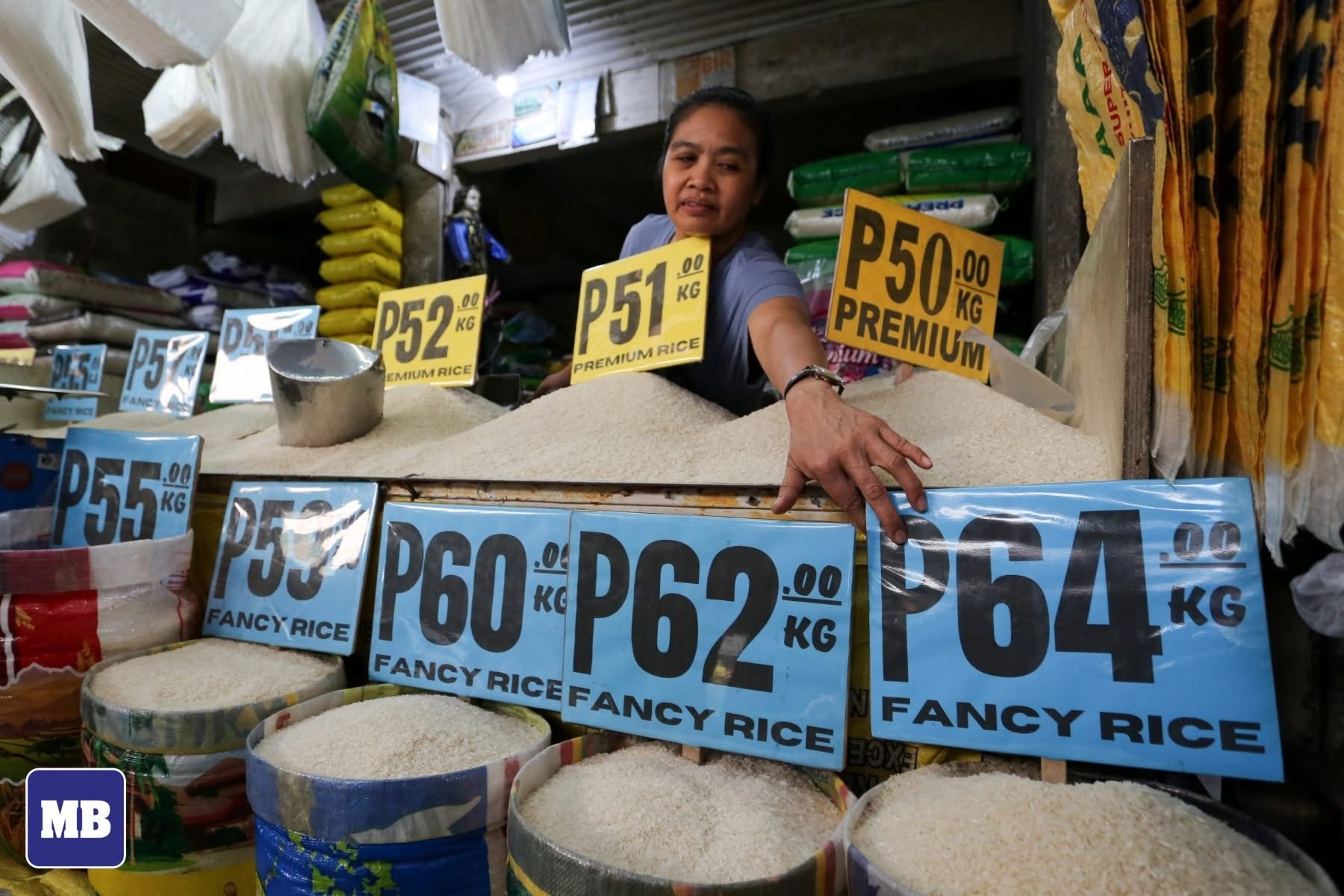Target importers, wholesalers instead of retailers in rice price issue—former DA chief
By Jel Santos

The government should shift its attention from rice retailers to the importers and wholesalers cornering the bulk of the market, former Department of Agriculture (DA) secretary Leonardo Montemayor said on Sunday, Jan. 12.
In a statement, Montemayor criticized the implementation of policies that seem to target retailers while allowing major players in the importation and wholesale sector to reap what he described as “windfall profits.”
“Why is government apparently focusing on the retailers’ end of the marketing chain instead of the importers-wholesalers component?” Montemayor asked.
He pointed out that Executive Order (EO) No. 62, issued by President Marcos on June 20, reduced rice tariff rates from 35 percent to 15 percent in an effort to encourage more imports and lower prices for consumers by ₱5 to ₱7 per kilo.
However, Montemayor noted that both the Philippine Statistics Authority (PSA) and the National Economic and Development Authority (NEDA) have reported that the EO has not achieved its intended objectives.
“Government has allowed the less than 20 big players reportedly cornering the bulk of imports to pocket around ₱13.5 billion in tariff savings, which are tantamount to ‘windfall profits,’” he said.
Starting January 20, the DA is set to implement a maximum suggested retail price (MSRP) of ₱58 per kilo for imported rice to help protect consumers. But, Montemayor questioned why similar measures are not being applied to importers and wholesalers.
“By the same token, shouldn’t there be a maximum suggested imported rice profit (MSIRP) for importers and wholesalers?” he said.
The former DA chief argued that cracking down on profiteering by a small number of importers and wholesalers would be easier than monitoring tens of thousands of small retailers whose pricing depends on the charges imposed by their suppliers.
“Profiteering by a relatively few importers and wholesalers should be easier to deter and prosecute, compared to running after tens of thousands of small retailers – whose daily sales and margins are dependent on their suppliers’ deliveries and corresponding charges,” Montemayor emphasized.
Earlier, the Kilusang Magbubukid ng Pilipinas (KMP) criticized the government’s decision to impose a maximum suggested retail price (MSRP) of ₱58 per kilo for imported rice.
The group labeled the DA’s MSRP initiative a “band-aid solution.”
It emphasized that the policy sidesteps the root causes of soaring rice and food prices, such as the lack of support for Filipino farmers, reliance on neoliberal agricultural policies, the importation of low-cost rice that undermines local production, and the government’s failure to pursue genuine rural industrialization.